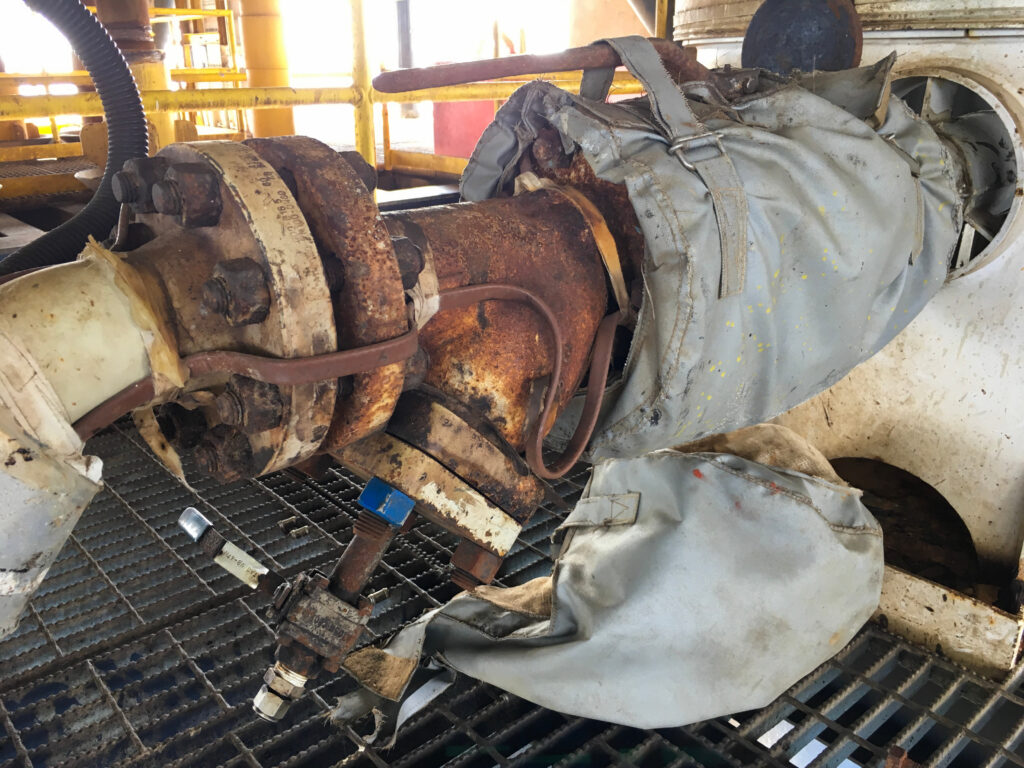
Technical challenges in assessing corrosion under insulation
Identifying and assessing Corrosion Under Insulation (CUI), requires reliable methods in the face of physical barriers and hidden conditions.

Identifying and assessing Corrosion Under Insulation (CUI), requires reliable methods in the face of physical barriers and hidden conditions.
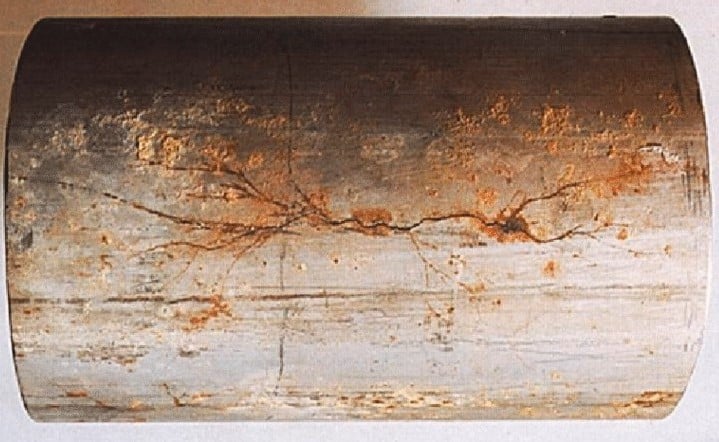
SCC compromises metallic structures by combining mechanical stress and corrosion, requiring environmental control and appropriate material selection.
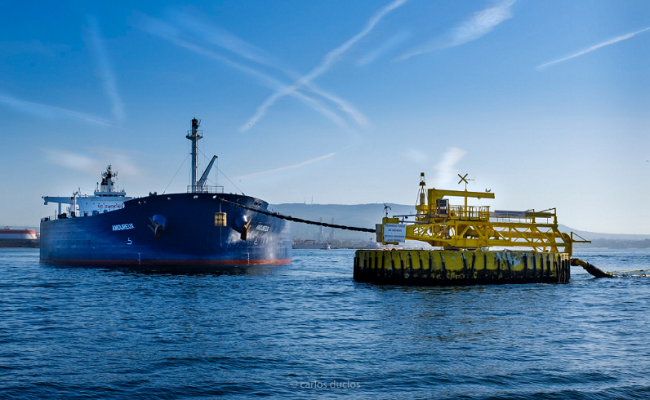
The oil evolution has been driven by technologies such as monobuoys, which are essential for hydrocarbon logistics in offshore environments.

Extreme conditions, structural solutions, and risk management in marine operations.
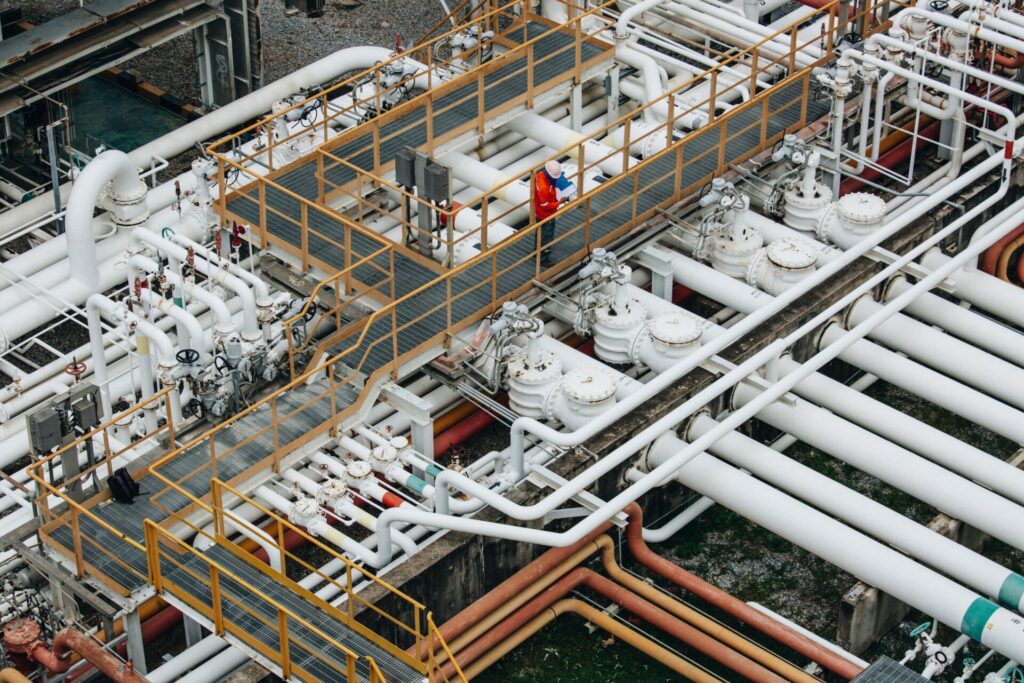
Integrity testing informs about the condition of the pipeline, guides maintenance and reduces downtime.

Thermography in the aerospace sector identifies defects and optimizes processes to improve aircraft safety and efficiency.

Companies are adopting circular models to reduce costs, reuse materials, and respond to regulatory demands in global industrial environments.
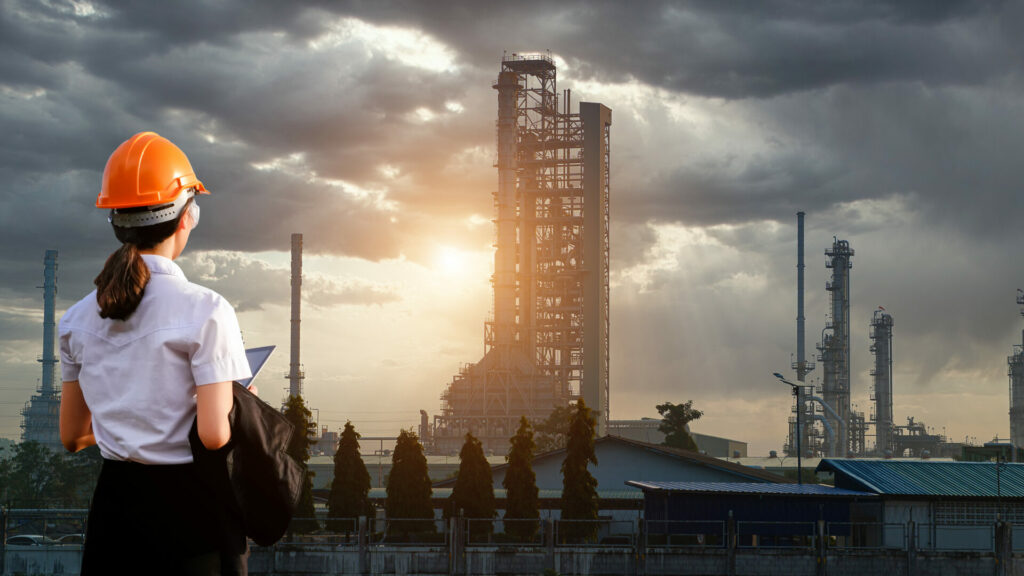
Reducing greenhouse gas emissions is crucial to avoid catastrophic consequences such as sea level rise and biodiversity loss.
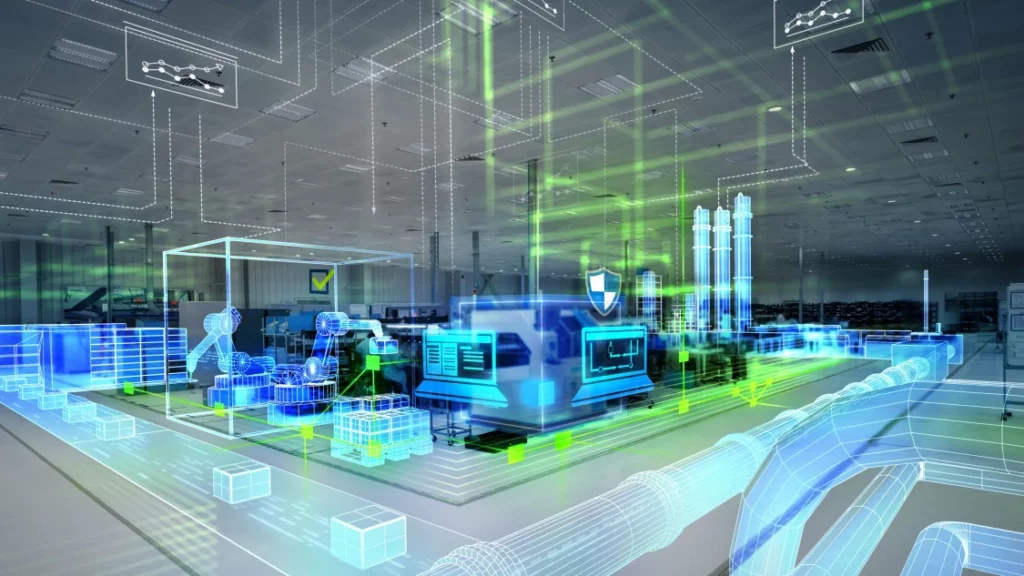
Innovative technological solutions for more sustainable automation in modern industry.
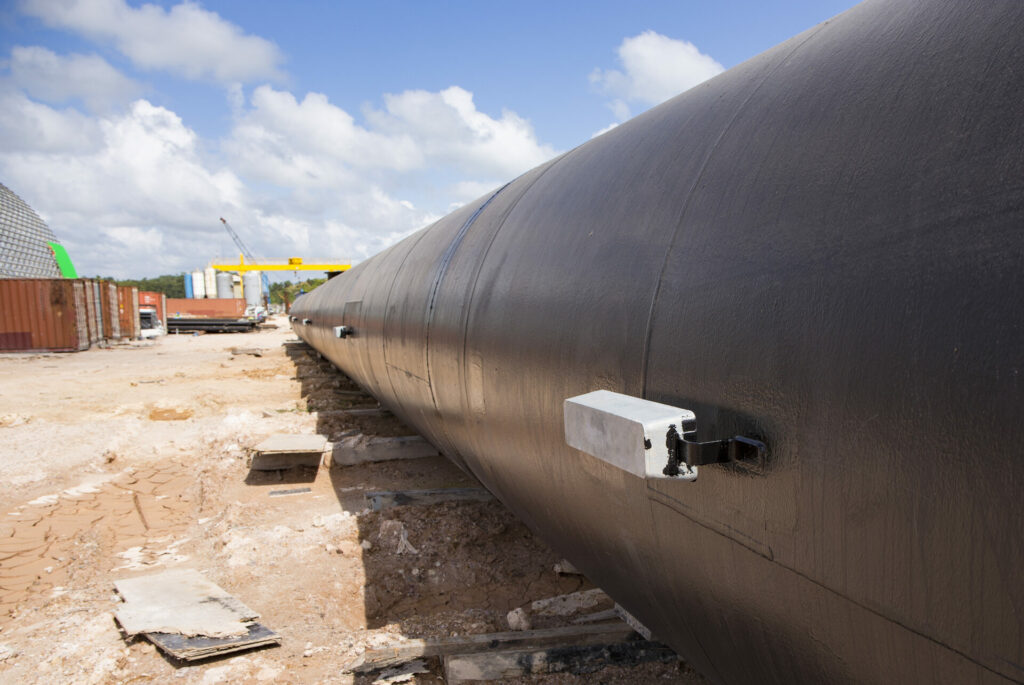
A look at the latest technological advances in corrosion control through cathodic protection.

Organizational leadership impacts corporate culture, fosters collaboration, and enhances team development.
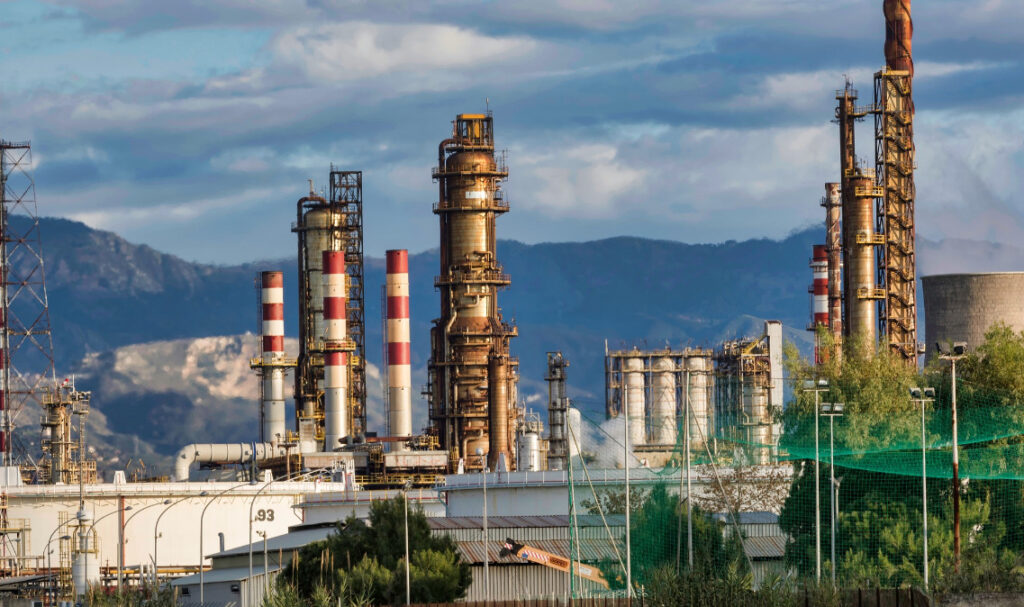
In oil refining units, distillation separates the crude oil into different products according to their individual boiling ranges.